

Publications
UNESCO’s publications contribute to accomplishing the Organization’s goals. They are an important means of maintaining, advancing and sharing knowledge, between and across all parts of the world. While some aim to inform the general public, many provide specialists with expert knowledge drawn from UNESCO’s fields of competence. These diverse publications and co-editions all serve the common goal of bringing about positive change.
Discover our selection of recent publications

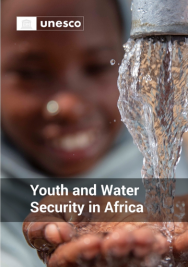
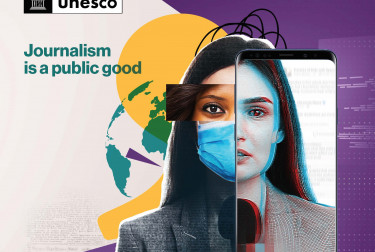
Read our latest global reports


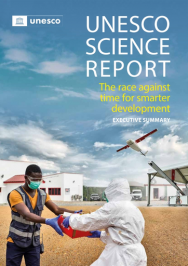
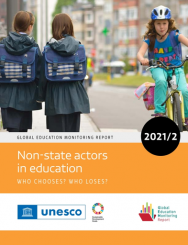

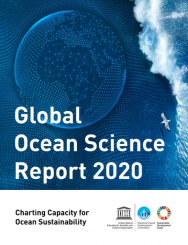
UNESCO Periodicals
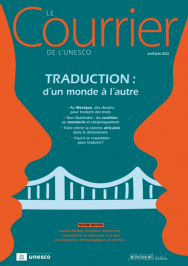
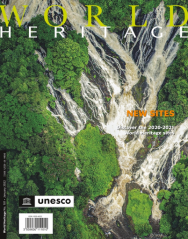
Our General Histories
Archivos: Latin American and Caribbean identity (1988–2003)
- As the world started to discover Latin American literature, the absence of dialogue between the readers and specialists from the different countries in the region was made evident. In October 1988, the first 12 volumes of the Archives of 20th-century Latin American and Caribbean Literature, a collection launched in 1983 with the assistance of UNESCO, were published.
- Over the years, a total of 58 titles were produced, featuring the major works in Spanish, Portuguese and French from some of the best writers in Latin American and the Caribbean, along with critical essays, chronologies and background papers produced by the top specialists at the time. This collection remains unparalleled today.
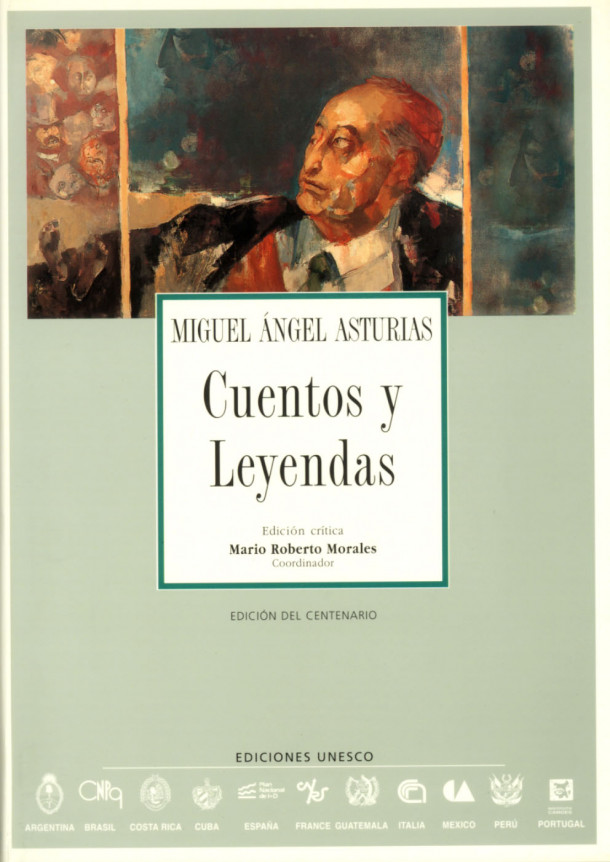

Open Access policy
UNESCO has adopted an Open Access policy for its publications, which grants an irrevocable right of access to copy, use, distribute, transmit and make derivative works in any format within certain constraints. With this publishing model, UNESCO reinforces its commitment to encourage and protect universal access to information and knowledge, which is the key to the advancement of innovative solutions for the challenges of international development.
Celebrating books worldwide
Creative Cities of Literature
The UNESCO Creative Cities Network (UCCN) was created in 2004 to promote cooperation with and among cities that have identified creativity as a strategic factor for sustainable urban development.
The Network covers seven creative fields: Crafts and Folk Arts, Media Arts, Film, Design, Gastronomy, Literature and Music.
The 246 cities which currently make up this network work together towards a common objective: placing creativity and cultural industries at the heart of their development plans at the local level and cooperating actively at the international level.

